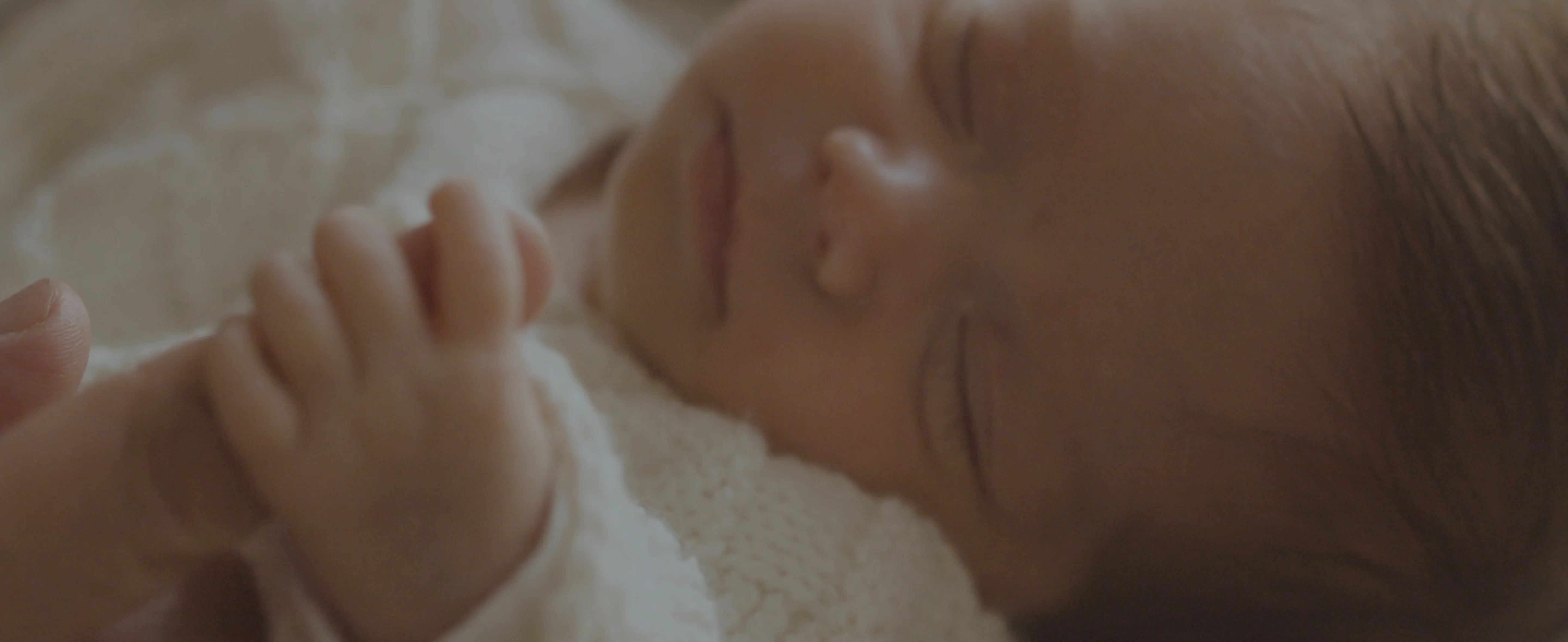The ability to conceive and bring new life on earth was a capability gifted to women upon birth. But to become a mother, there are certain biological necessities that need to be considered.
There is a lot of contradicting information out there about how to improve your chances of conceiving. "Get your timing right" is the most common piece of advice offered, but what exactly does it mean? How do you know when is the optimal time to have intercourse for conception, and what should you know about your cycle?
While timing is not the only consideration, it is one of the most critical. Knowing when you ovulate and when you're most fertile might significantly increase your chances of becoming pregnant. Let’s learn more about your cycle and the right time for you to try to get pregnant.
A breakdown of your cycle
Understanding your cycle is essential to getting your timing right. Let's break it down and see what happens in each stage.
Menstruation: Days 1–5
Day 1 of your cycle is the first day of your period, which means full flow (spotting does not count). During this time, the uterus sheds the lining of the preceding cycle. Between days 1 and 5 of your cycle, new follicles (sacs of fluid-carrying eggs) begin to form within your ovary.
Days 5 - 12
The body selects a follicle to mature, and the dominant follicle begins to secrete oestrogen, thickening the uterine lining and preparing it for pregnancy.
Ovulation: Days 12–15
The pituitary gland secretes a surge of luteinizing hormone (LH), which causes the mature egg to be released from the ovary and into the fallopian tube. Sperm can remain in the fallopian tubes for up to 2 - 3 days, waiting for the egg to arrive for fertilization; however, the egg has a window of 12-24 hours after release during which it can be fertilized. The corpus luteum is formed after the dominant follicle releases the egg. This vital structure secretes progesterone (and oestrogen), which helps to maintain the uterine lining.
Days 16 - 28
If the egg is fertilized, the embryo (fertilized egg) enters the uterus and implants in the uterine lining. Once implanted, the embryo starts producing Human Chorionic Gonadotrophin (hCG). This stimulates the corpus luteum to continue producing progesterone to maintain the pregnancy.
If no fertilization occurs, the egg is absorbed by the body, the corpus luteum breaks down, progesterone levels drop, and the uterine lining degrades, resuming the monthly cycle.
Ovulation Disorders
Ovulation problems are among the leading causes of infertility in women. Ovulation disorders are disruptions in the development of an egg during a woman's menstrual cycle caused by reproductive hormone imbalance.
Symptoms of Ovulation Disorder
Symptoms of ovulation problems vary depending on the reason and hormones that influence ovulation. In rare circumstances, infertility may be the only indication. Others include:
- Irregular or absent periods.
- Mood swings including anxiety, worry, and nervousness.
- Weight fluctuations, with an increase or decrease in BMI.
Treatment Options
Treatments for ovulation disorders aim to improve both the duration and quality of ovulation. The treatment methods include:
Fertility medicines – Both oral medications and injections for fertility can cause the ovaries to create and release eggs. Most women will respond to an oral medicine that requires little monitoring. If a patient does not respond to oral medicine, she will try injectable treatments, which will require greater supervision by a doctor.
Thyroid hormone replacement therapy — Thyroxine (T4) is used to help individuals with hypothyroidism or hyperthyroidism restore thyroid levels to normal. Doctors monitor patients taking these medications, which are typically given orally, to ensure they are not taking excessive amounts or too little.
Lifestyle adjustments – In addition to thyroid medication, patients are advised to adopt lifestyle changes. To maintain a healthy weight, daily exercise, and stress reduction strategies are recommended.
FAQ’s
What happens if my cycle is shorter or longer than 28 days?
What are Ovulation Disorders?
- Hypothalamic dysfunction resulting in hypothyroidism or hyperthyroidism
- Polycystic Ovarian Syndrome (PCOS)
- Premature ovarian failure
- Too much prolactin, a hormone that, among other things, encourages breast milk production.

